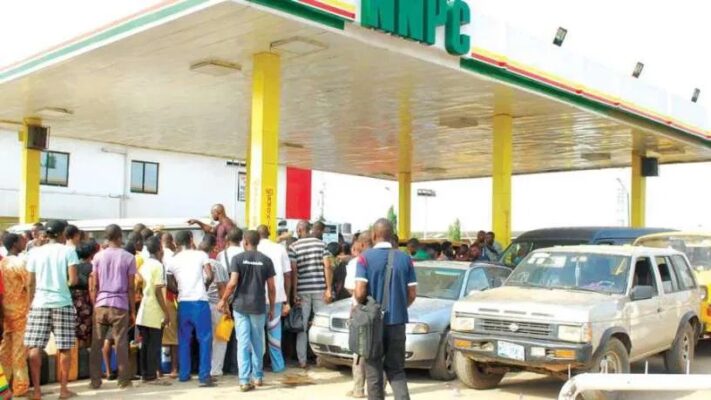On September 3rd, residents of Rivers State were confronted with a sudden hike in the pump price of petrol, soaring to N1,400 per liter. This development sent shockwaves across various sectors of the economy. Our reporters visited several areas, including Port Harcourt, Obio Akpor, Eleme, and Oyigbo, to assess the impact. Many businesses have been hit hard by the unexpected increase, with numerous shops closing, while those that remained open reported low sales. Some traders, left idle, resorted to playing games such as Ludo, draft, and Whot as they waited for customers who were few and far between.
Traders interviewed expressed deep frustration, citing that the skyrocketing price of fuel has exacerbated the already dire economic situation. Many reported increased stress levels, a rise in health complications, and growing difficulties in affording basic necessities, including rent, electricity bills, and school fees. Public transportation costs have also surged dramatically, with fares for routes that previously cost N300 now ranging between N500 and N600. The price hike has contributed to a sharp rise in the cost of food and other essentials, deepening the hardship faced by the common people.

In a separate interview, Mr. Asquo, a local driver, lamented that drivers are bearing the brunt of the fuel price hike. He explained that they are forced to purchase fuel at exorbitant rates, pay daily returns to vehicle owners, and are left with little to no profit. He called on the Federal Government to urgently address the country’s problems, particularly hunger, insecurity, and the worsening economic conditions.
Dr. Joseph Obele, a former chairman of the Independent Petroleum Marketers Association of Nigeria (IPMAN) in Rivers State, commented on the situation. He noted that NNPC retail marketers cannot adjust petroleum prices without direct authorization from NNPC management. He explained that the price increase is driven by high importation costs and NNPC’s debt in the international market. Dr. Obele warned that if marketers continue purchasing fuel from third-party suppliers at around N980 per liter, prices will continue to rise. He also highlighted that the NNPC’s buying portal for independent marketers has been shut down for about three months, exacerbating the situation.

Meanwhile, Human Rights Activist Charles Jaja criticized the Minister of State for Petroleum, Heineken Lokpobiri, for claiming that the Federal Government did not direct NNPC Limited to raise the pump price of petrol. Jaja described this statement as an indictment of the government’s inability to manage the crisis effectively. He further condemned the hike, describing it as a “brutal assault” on the well-being of the Nigerian people. With inflation soaring above 34%, the naira trading at over N1,600 to the dollar, and unemployment exceeding 40%, Jaja expressed concern that Nigeria’s current economic plight is cause for global ridicule. He called on President Bola Tinubu to intervene urgently and prevent further suffering in a country blessed with abundant resources.

























